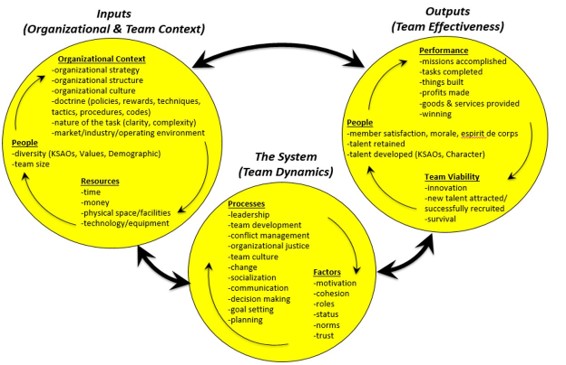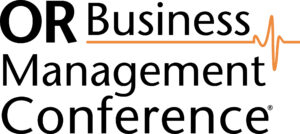Session: Leadership training skills designed for future performance
Editor's Note
What are some key components of effective leadership? Understanding the complexity of team dynamics, displaying emotional intelligence—especially in difficult situations, and embracing socialization. Lieutenant Colonel Shari Bowen, assistant professor, department of behavioral sciences and leadership, at the US Military Academy in West Point, New York, broke down these concepts during this session at the OR Business Management Conference.
Leaders need to be aware of the impact they have on their teams. “Keep this in mind: the things you see in people are not always what they see in themselves,” Dr Bowen said. Being mindful of your own influence and knowing the importance of recognizing and valuing staff’s skills and contributions will significantly improve the overall effectiveness of your organization. But effectiveness is not needed only at the individual level, she said. Dr Bowen regularly teaches about the team effectiveness model, which highlights the importance of understanding strategy, culture, policy, and how these themes influence team dynamics:
At the individual leadership level, Dr Bowen introduced the concept of emotional intelligence, which includes:
- Self-awareness—detecting and understanding one’s own emotions
- Affective self-regulation—regulating and managing one’s own emotions
- Using emotion to facilitate thinking and decision-making
- Emotion perception—detecting and understanding emotions in others
- Interpersonal—Influencing and helping others manage their emotions.
“As leaders, we’re not really in control of people,” Dr Bowen said, pointing to that common misconception. “So, what do we have the most control over as leaders?” she asked and answered, “The system, which includes our processes.” Effective management of the system is key to success. “The system is where we have the opportunity to decide our type of leadership and take time for team development and conflict management. The system is where not only the culture of the organization but the team-level culture exists and can thrive.”
One of the last messages Dr Bowen left with the audience is the importance of socialization. The socialization process, comprising recruitment and preparation, screening and selection, and assimilation and accommodation, plays a critical role in shaping the organization's culture and effectiveness. “Embrace the nay-sayers,” she said. Engaged leaders who are emotionally intelligent know what they can control, manage their emotions, and see the value in each member of the team. The key, she concluded, is to “understand the humanity in one another.”
Read More >>


 Free Daily News
Free Daily News